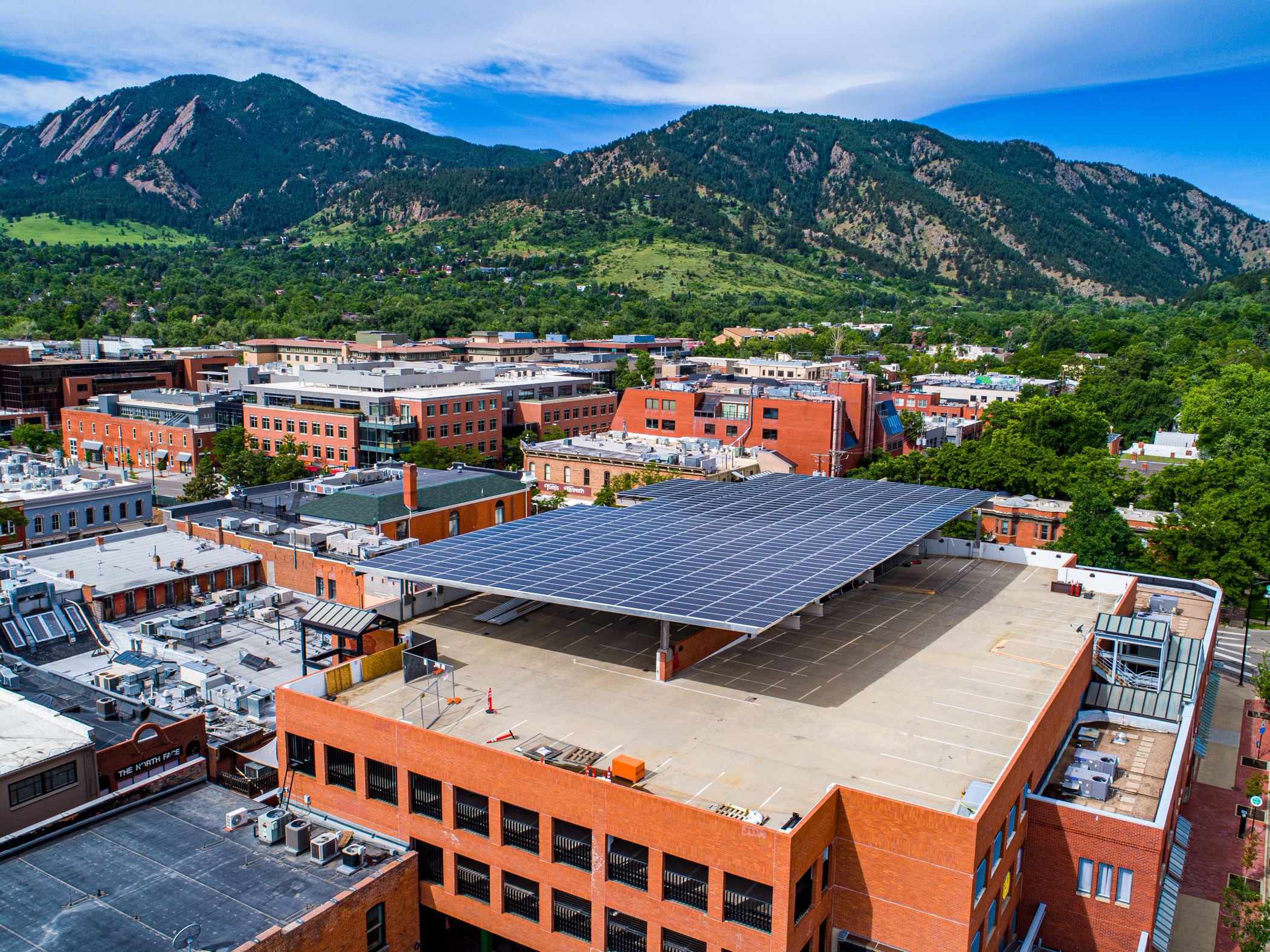The Access Management and Parking Strategy (AMPS) was developed to improve Boulder’s approach to multimodal access and parking management, and help evaluate access management policies and practices. AMPS is complementary to and reflective of numerous adopted plans and policies such as the Sustainability Framework, the Boulder Valley Comprehensive Plan, the Transportation Master Plan, the Economic Sustainability Strategy and the Climate Commitment.
Herramienta de traducción de sitios web
El menú para navegar hacia una versión traducida al español de nuestro sitio web está temporalmente fuera de servicio. Sin embargo, puede acceder directamente al sitio en español usando este enlace: BoulderColorado.gov/es/.
